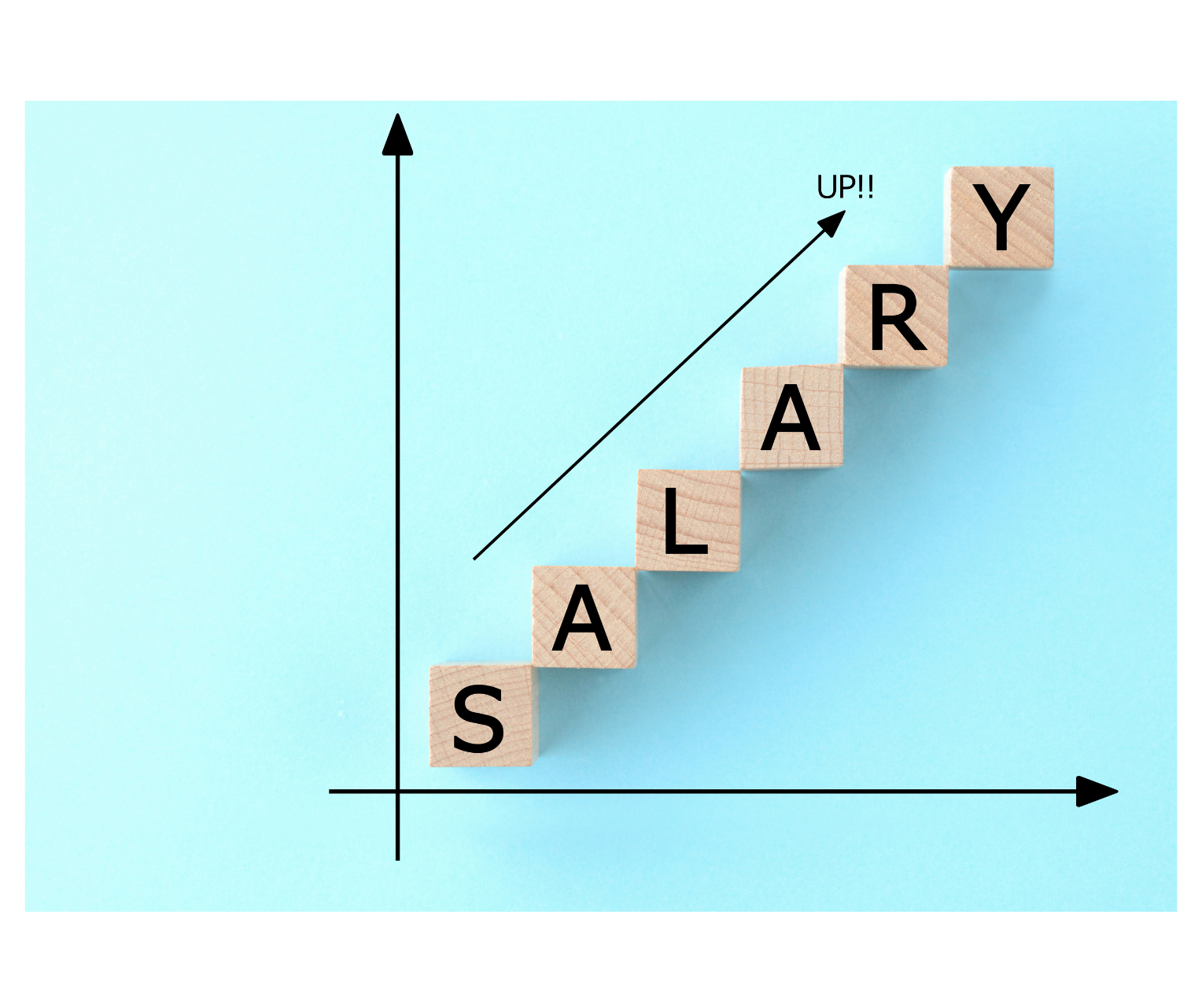If they are not at their desks when the work is being given out by the Partners then they just don’t get the work.”
“It’s frustrating enough trying to organise meetings around everyone’s schedules, part timers don’t help.”
“The Partners don’t like it when people are not at their desks!”
“We are just not set up for part timers.”
For candidates wanting flexibility in the legal sector, here are some of the hurdles.
“I am only paid for three days but am across work for five days.”
“The role is part time, but they said it has to be a minimum of four days a week.”
“I am billing more than some of my full time colleagues but paid a lot less!”
“I have been told that I will never make a Partner if I can only work part time.”
“I am in at 7.00am, but it always feels awkward leaving at 3.00.”
“I don’t get invited to the client golfing days, because I am part time, but I can play golf really well!”
As recruiters in the legal sector, we hear both sides. Employers feel they need full time employees to maximise service delivery to clients, billing potential and for team engagement. Older employers may resent flexibility given the lack of it in the path of their own careers. Increasingly more employees are wanting flexibility, not just for parenting responsibilities but for other life activities such as voluntary work, personal health or sporting commitments. Lawyers at all ages and stages are not necessarily wanting or able to work the long, demanding days with little balance and adverse effects on health.
However we see steps towards change. Two recent placements that we made in law firms, were both candidates who for different reasons required flexibility and had a lower number of hours available for professional work. Both law firms, one a larger firm and one a smaller suburban firm wanted full time employees, however recognised the value that these candidates could bring and offered reduced roles on hours. Both placements have been highly successful with both clients and candidates very happy with the outcome.
We see progress with broader change. The New Zealand Law Society Gender Equality Charter outlines “a set of commitments aimed at improving the retention and advancement of women lawyers.” Signatories commit among other things to “encourage and support flexible working to assist all lawyers to balance professional and personal responsibilities.” We note “all” as we are increasingly seeing male lawyers for a range of reasons such as sporting commitments or voluntary work enquiring as to part time or limited hours roles.
In summary we are seeing a wider range of lawyers across both genders looking to balance their work lives with other commitments, community work, voluntary work, study and a healthy lifestyle. On the employer side we are seeing better use of technology to allow flexibility (although this can be a double edged sword); better role models for younger lawyers, better dialogue and openness around flexibility. The amendments to the Employment Relations Act 2000 in 2015 aiming to “improve people’s participation in the labour market and to better reflect modern lifestyles” may also be filtering through to the legal sector. As Dame Bazley noted in her 2018 Independent Review on Russell McVeagh “An opportunity exists for senior and junior women to sit down together to explore what can be changed so that women can maintain their career progression within the firm as they raise a family.” We would also suggest that an opportunity also exists for law firms to explore how wider needs for flexibility can be met.
By Kimberley Alford – Senior Consultant
Filed under Blog







